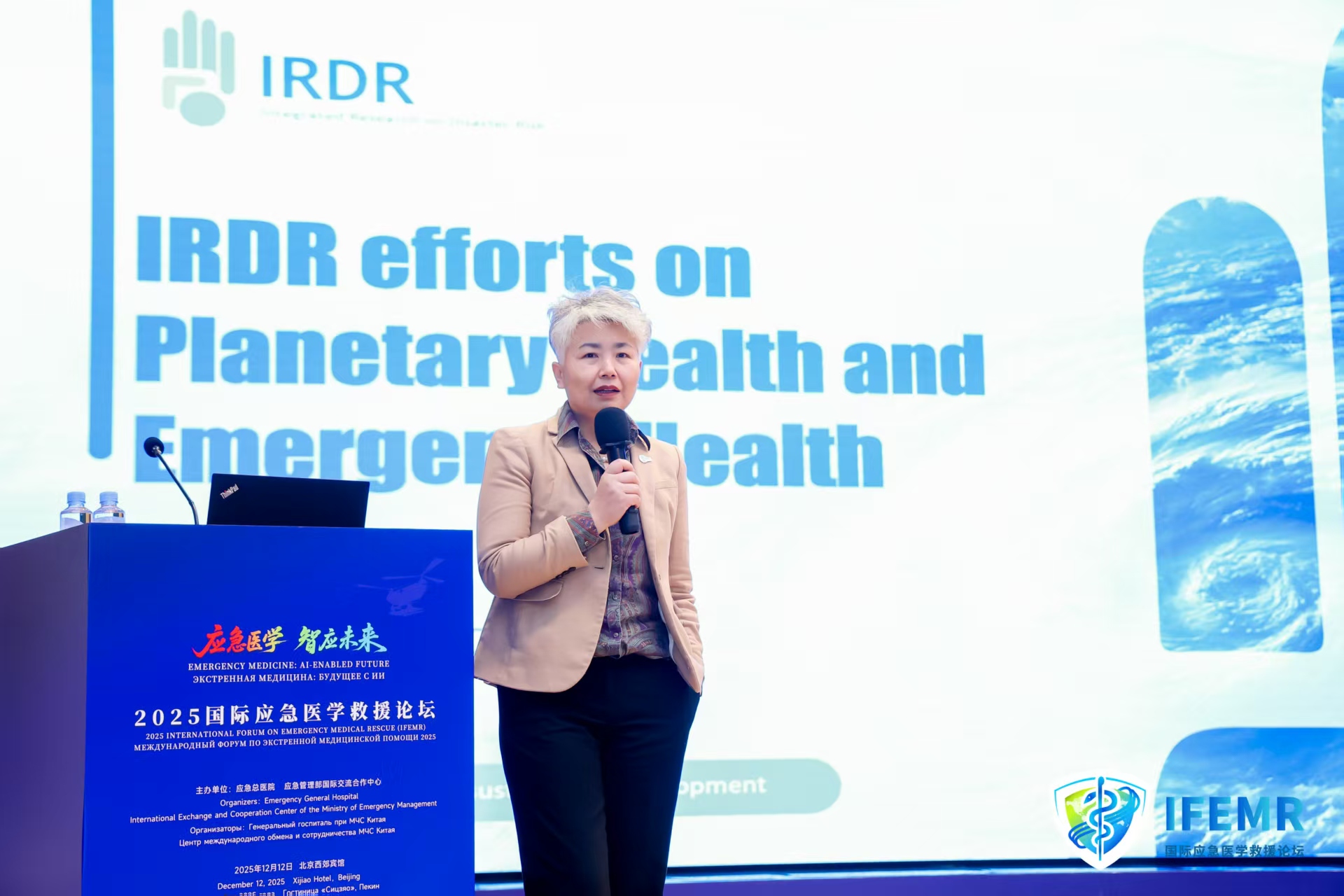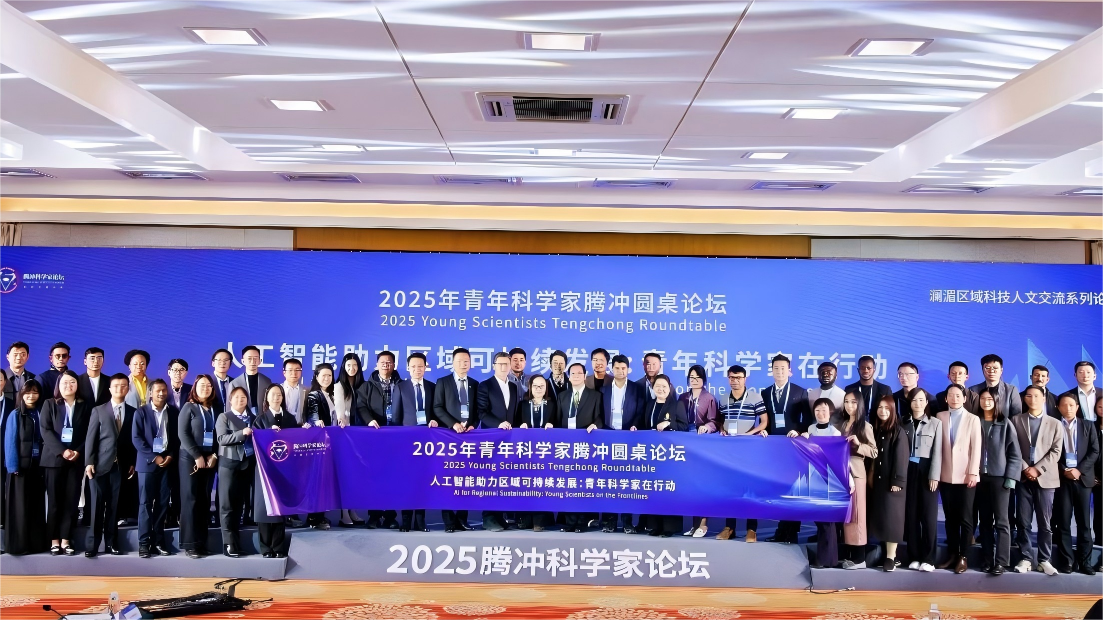This publication is developed by a group of individuals from the International Institute of Disaster Science (IRIDeS) at Tohoku University, Keio University, the University of Tokyo, the United Nations University Institute for the Advanced Study of Sustainability (UNU-IAS), and Church World Service (CWS) Japan in collaboration with the Association of Pacific Rim Universities (APRU) Multi-Hazards Program. The case studies of the 30 innovations were selected in a series of discussions with the group. The innovations are not limited to the 30 cases included in this publication.
30 Innovations for DRR includes the innovative products and approaches considered to be extremely effective and those that have already contributed to reducing disaster risks. They were identified in discussions between experts primarily from Keio University, University of Tokyo, United Nations University, CWS Japan, and IRIDeS of Tohoku University. This does not imply that only thirty innovations exist to date, rather that many others also exist. They were identified as the very best of many innovations in discussions between experts. The DRR innovations listed in this publication are divided into products (14) and approaches (16). The innovations listed first in each section are those applied for 1) multi-hazards. The list continues with specific hazard types: 2) Earthquake, 3) Flood, and 4) Others. In this format, readers can easily identify the DRR innovations suitable for tackling the hazards that affect them most.
Please refer to this publication as follows:
Izumi, T., Shaw, R., Ishiwatari, M., Djalante, R., Komino, T. 2019 30 innovations for disaster risk reduction by IRIDeS, Keio University, the University of Tokyo, UNU-IAS, CWS Japan, Japan, 80 pages.
[Download]





